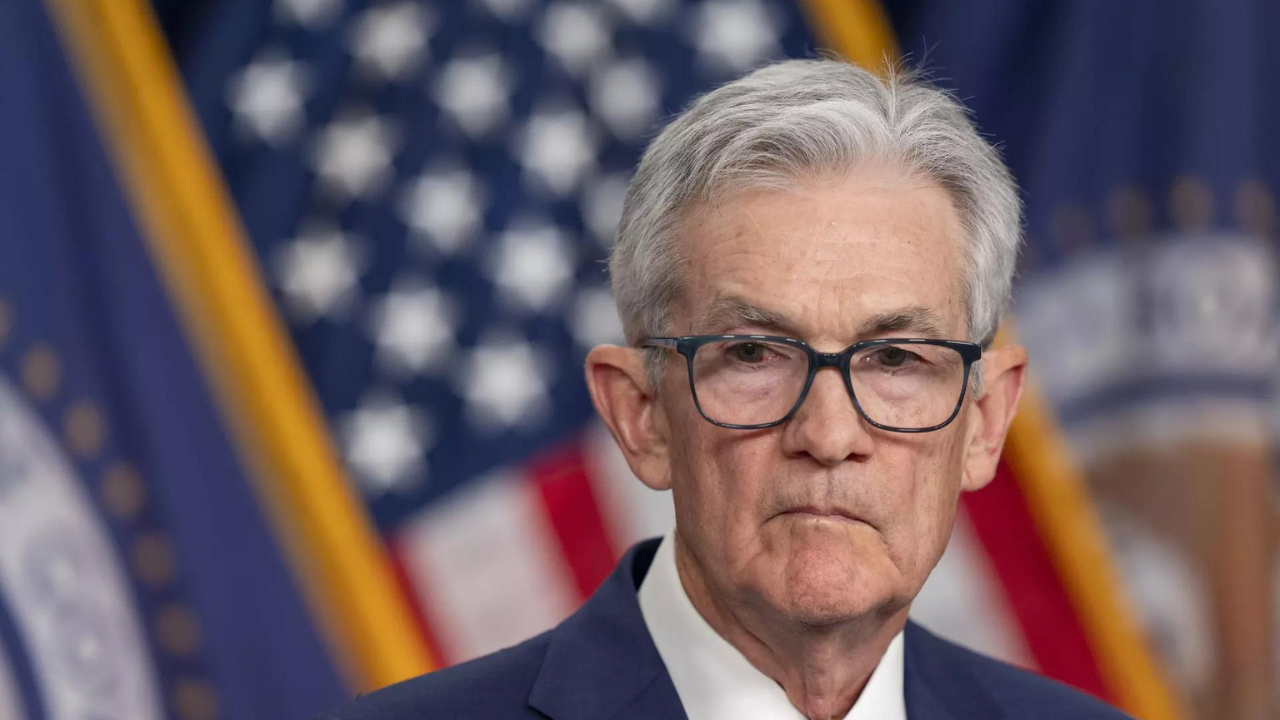NEW DELHI: The US Federal Reserve is expected to maintain its key lending rate unchanged on Wednesday, continuing discussions on potential rate cuts in the ongoing battle against inflation.
The Fed has raised interest rates to a 23-year high between 5.25 and 5.50 percent to stabilize inflation at its long-term target of two percent.
Despite challenges in 2024 with a slight increase in monthly inflation, the US economy remains robust with low unemployment, moderated wage growth, and better-than-expected economic growth in the final quarter of 2023.
Following two days of deliberations, the Fed will release an updated summary of economic projections alongside its rate decision, indicating policymakers’ expectations for year-end interest rates.
Wells Fargo senior economist Michael Pugliese noted the slower-than-expected disinflation and employment growth, suggesting adjustments to policy outlook.
In December, policymakers planned for three rate cuts in 2024 to manage inflation, with the possibility of revising this estimate in the upcoming update. Although Wells Fargo maintains its projection of three rate cuts, some analysts suggest a potential reduction to two cuts due to uncertainties in inflation data.
Fed officials have emphasized a cautious approach to rate cuts, citing the need for data-driven decisions. Fed Chair Jerome Powell highlighted the uncertain economic outlook and the importance of progress toward the inflation target.
Futures traders anticipate a 55 percent probability of rate cuts by June 12, marking a shift from earlier expectations of May. Market experts like Kathy Bostjancic from Nationwide predict a June rate cut, emphasizing the Fed’s wait-and-see attitude for informed decision-making.
EY’s economist Lydia Boussour also expects the first rate cut in June, considering the inflation data and potential upside surprises. The Fed’s stance on rate cuts remains data-dependent, reflecting a commitment to steady progress towards inflation goals.
Powell reiterated the expectation of rate cuts this year, aligning with market expectations. The path of rate cuts remains uncertain, with a possibility of adjustments based on economic indicators and inflation trends.
The Fed has raised interest rates to a 23-year high between 5.25 and 5.50 percent to stabilize inflation at its long-term target of two percent.
Despite challenges in 2024 with a slight increase in monthly inflation, the US economy remains robust with low unemployment, moderated wage growth, and better-than-expected economic growth in the final quarter of 2023.
Following two days of deliberations, the Fed will release an updated summary of economic projections alongside its rate decision, indicating policymakers’ expectations for year-end interest rates.
Wells Fargo senior economist Michael Pugliese noted the slower-than-expected disinflation and employment growth, suggesting adjustments to policy outlook.
In December, policymakers planned for three rate cuts in 2024 to manage inflation, with the possibility of revising this estimate in the upcoming update. Although Wells Fargo maintains its projection of three rate cuts, some analysts suggest a potential reduction to two cuts due to uncertainties in inflation data.
Fed officials have emphasized a cautious approach to rate cuts, citing the need for data-driven decisions. Fed Chair Jerome Powell highlighted the uncertain economic outlook and the importance of progress toward the inflation target.
Futures traders anticipate a 55 percent probability of rate cuts by June 12, marking a shift from earlier expectations of May. Market experts like Kathy Bostjancic from Nationwide predict a June rate cut, emphasizing the Fed’s wait-and-see attitude for informed decision-making.
EY’s economist Lydia Boussour also expects the first rate cut in June, considering the inflation data and potential upside surprises. The Fed’s stance on rate cuts remains data-dependent, reflecting a commitment to steady progress towards inflation goals.
Powell reiterated the expectation of rate cuts this year, aligning with market expectations. The path of rate cuts remains uncertain, with a possibility of adjustments based on economic indicators and inflation trends.
